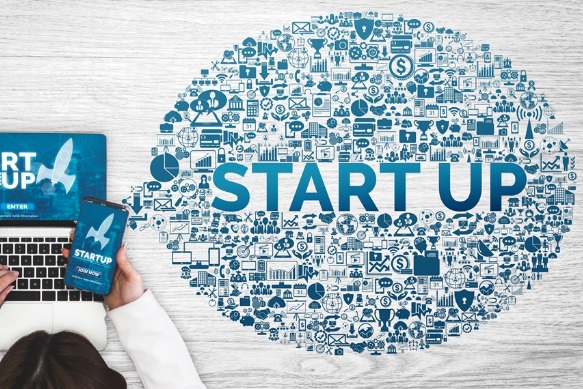Summary:
Tailor raises $22M in Series A funding for its headless ERP platform tailored for retail businesses
Funding to fuel U.S. expansion, product development, and strategic partnerships in Japan
Platform offers customizable workflows, legacy system integration, and programmatic access for developers and AI
Businesses are shifting to cloud-based ERP systems for cost efficiency, scalability, and global accessibility
Modern ERP systems are modular and accessible, making them ideal for SMBs
Tailor, a pioneering tech company, has successfully raised $22 million in a Series A funding round. This significant investment is earmarked for the expansion of its headless enterprise resource planning (ERP) platform, specifically designed to meet the dynamic needs of retail businesses.
Funding Utilization
- U.S. Market Expansion: Tailor plans to broaden its footprint in the U.S. market.
- Product Development: Continuous innovation and enhancement of its ERP platform.
- Strategic Partnerships: Strengthening collaborations, particularly in Japan, to bolster customer success.
Tailor's Headless ERP Platform
Tailor's platform stands out by allowing mid-market and enterprise companies to customize their ERP stack extensively. Its unique decoupled architecture separates the data and logic layer from the user interface, offering unparalleled flexibility.
Key Features Include:
- Customizable Workflows: Seamless integration with SaaS tools.
- Legacy System Integration: No need for core infrastructure overhaul.
- Programmatic Access: Developers and AI agents can directly interact with business logic and data.
- Custom UIs: Tailored interfaces for both internal tools and customer-facing applications.
According to Yo Shibata, CEO and Co-founder of Tailor, the platform is designed to evolve in tandem with businesses, providing them with the agility needed in today's fast-paced market.
The Shift to Cloud-Based ERP Systems
The article highlights a growing trend among businesses transitioning from on-premises ERP systems to cloud-based solutions. This shift is driven by the need for:
- Cost Efficiency: Reduced upfront and long-term expenses.
- Scalability: Ability to adjust system usage based on current needs.
- Global Accessibility: Real-time data access from anywhere in the world.
Modern ERP systems, like Tailor's, are becoming increasingly modular and accessible, especially to small and medium-sized businesses (SMBs), thanks to lower integration costs and simplified technical requirements.









Comments